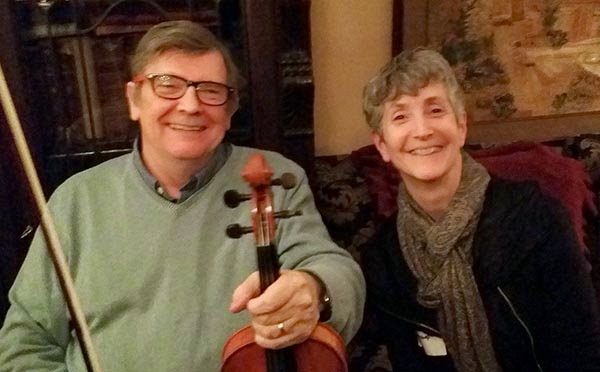Simple Ideas, Challenging Practice

Recently after an aikido seminar, a bunch of us convened at a local restaurant with Sensei . As I was chatting with someone next to me I looked up, and Sensei met my eye across the table. "Judy, what do you think of Sensei this time?" I laughed and said, "Sensei, you're even more amazing than before !" (First principle of ethical speech : Is it true? Yes. He was definitely more amazing.) Somewhat tongue in cheek, since the answer is the point of all his teaching, I asked him, "Sensei, how do you do it ?" He pulled up his sleeve to show me (for probably the 100 th time) the way he can keep his forearm and biceps totally slack and soft. And he said, (for probably the 1,000,000 th time,) "Judy: the secret is, I never use muscle !" A friend of mine once lamented, "Why is it you have to be in therapy for years before you hear the thing the therapist has been telling you ever since the first day?" Looking back over my po









